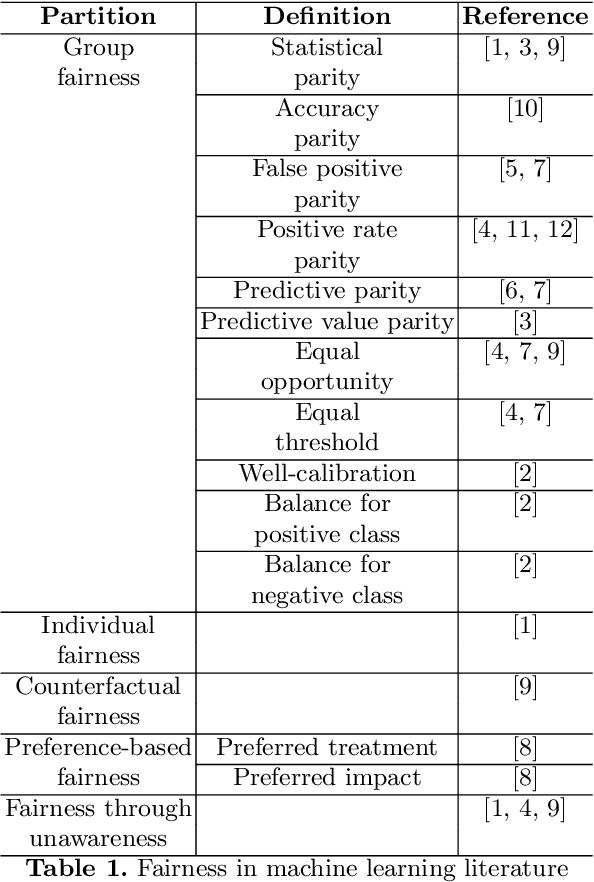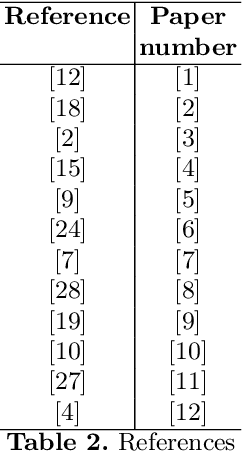Antonio Santangelo
For a semiotic AI: Bridging computer vision and visual semiotics for computational observation of large scale facial image archives
Jul 03, 2024Abstract:Social networks are creating a digital world in which the cognitive, emotional, and pragmatic value of the imagery of human faces and bodies is arguably changing. However, researchers in the digital humanities are often ill-equipped to study these phenomena at scale. This work presents FRESCO (Face Representation in E-Societies through Computational Observation), a framework designed to explore the socio-cultural implications of images on social media platforms at scale. FRESCO deconstructs images into numerical and categorical variables using state-of-the-art computer vision techniques, aligning with the principles of visual semiotics. The framework analyzes images across three levels: the plastic level, encompassing fundamental visual features like lines and colors; the figurative level, representing specific entities or concepts; and the enunciation level, which focuses particularly on constructing the point of view of the spectator and observer. These levels are analyzed to discern deeper narrative layers within the imagery. Experimental validation confirms the reliability and utility of FRESCO, and we assess its consistency and precision across two public datasets. Subsequently, we introduce the FRESCO score, a metric derived from the framework's output that serves as a reliable measure of similarity in image content.
The invisible power of fairness. How machine learning shapes democracy
Mar 22, 2019


Abstract:Many machine learning systems make extensive use of large amounts of data regarding human behaviors. Several researchers have found various discriminatory practices related to the use of human-related machine learning systems, for example in the field of criminal justice, credit scoring and advertising. Fair machine learning is therefore emerging as a new field of study to mitigate biases that are inadvertently incorporated into algorithms. Data scientists and computer engineers are making various efforts to provide definitions of fairness. In this paper, we provide an overview of the most widespread definitions of fairness in the field of machine learning, arguing that the ideas highlighting each formalization are closely related to different ideas of justice and to different interpretations of democracy embedded in our culture. This work intends to analyze the definitions of fairness that have been proposed to date to interpret the underlying criteria and to relate them to different ideas of democracy.
 Add to Chrome
Add to Chrome Add to Firefox
Add to Firefox Add to Edge
Add to Edge